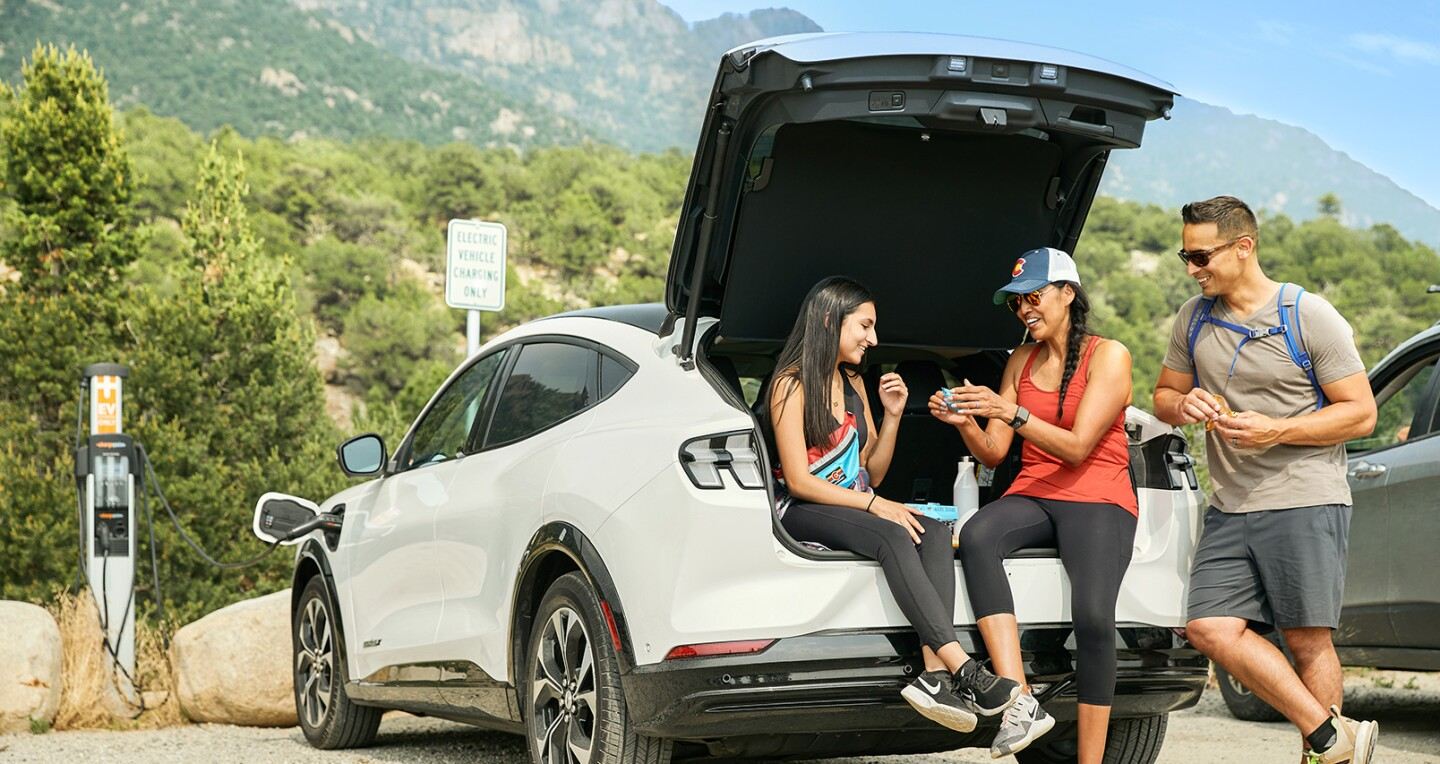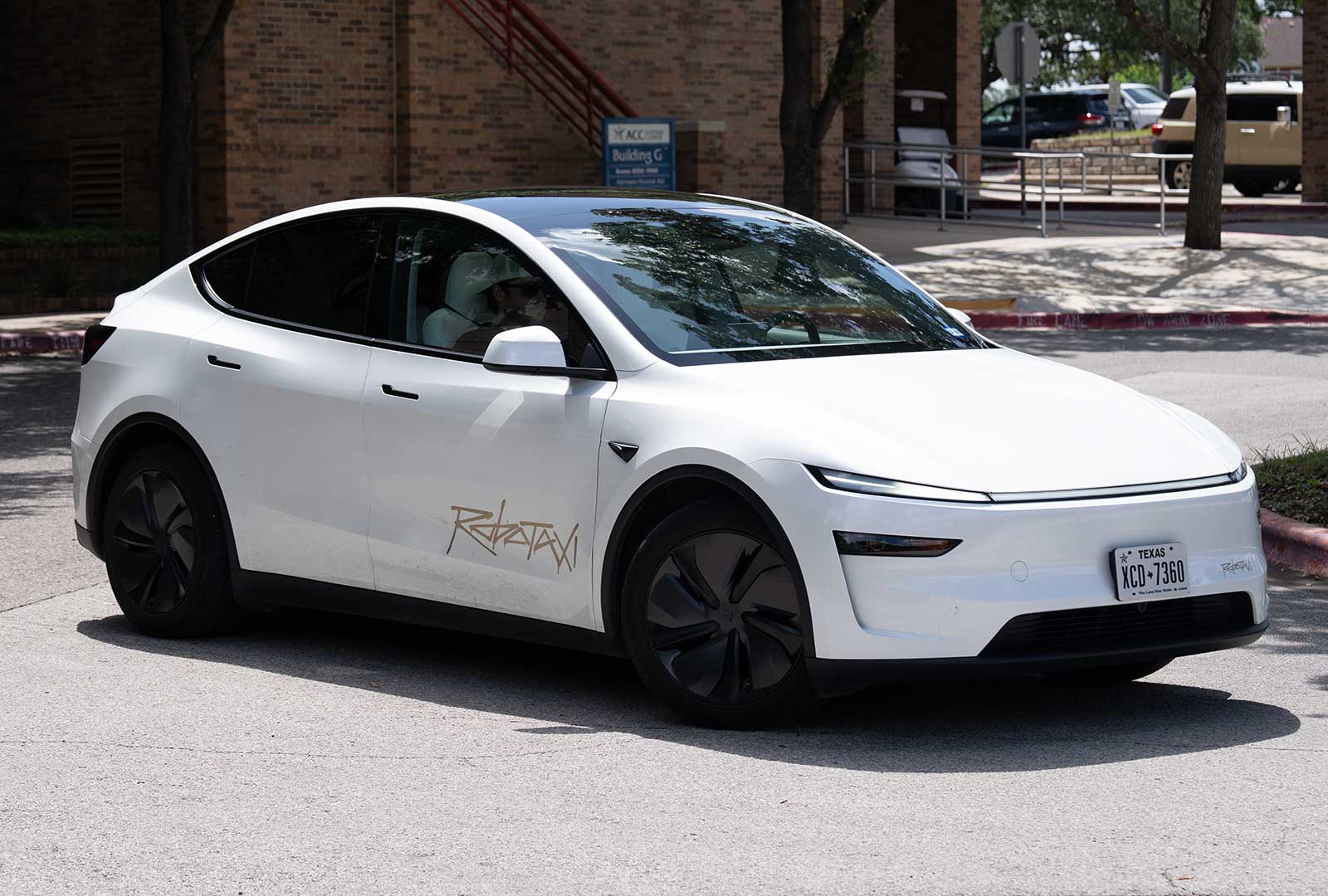The White House has instructed the Department of Transportation (DOT) to disregard a recent determination by the Government Accountability Office (GAO), which found the Trump administration acted unlawfully in halting funds intended for electric vehicle infrastructure expansion.
In a letter sent Tuesday, Office of Management and Budget (OMB) General Counsel Mark Paoletta strongly rejected the GAO’s conclusion, calling it “wrong and legally indefensible.” The letter argued that the DOT’s handling of the $5 billion National Electric Vehicle Infrastructure (NEVI) program was both legally sound and consistent with agency precedent.
The NEVI program, established under the 2021 Bipartisan Infrastructure Law, was designed to support the nationwide rollout of electric vehicle charging stations. The GAO asserted that DOT breached the Impoundment Control Act by withholding congressionally appropriated funds without requesting a formal rescission. In contrast, the OMB maintained that DOT’s decision to temporarily pause the distribution of funds while it refined implementation guidance did not constitute a violation of the law.
Paoletta further contended that the GAO overstepped its role by issuing what he described as a policy-driven opinion rather than a neutral legal assessment. “This is not a binding legal decision,” the letter stated, urging federal agencies to maintain their discretion when interpreting statutes involving complex funding structures.
While the GAO recommended that the administration seek formal congressional approval if it wishes to withhold NEVI funds, the OMB pushed back, emphasizing that DOT's internal timelines and procedural safeguards were legitimate. Paoletta also warned that accepting GAO’s interpretation could set a disruptive precedent for future executive branch budget implementation.
The disagreement reflects deeper tensions between oversight bodies and executive agencies over the boundaries of fiscal authority, particularly in politically sensitive areas like climate policy and electric vehicle deployment. For now, the White House’s position signals strong support for DOT’s interpretation and a broader defense of executive control over program execution.
See more EV News on EVDANCE official website.








Share:
Germans Are Buying More Electric Vehicles — but Tesla Is Losing Ground
Ford’s 2027 EV Strategy: Matching China on Cost, Betting on Washington